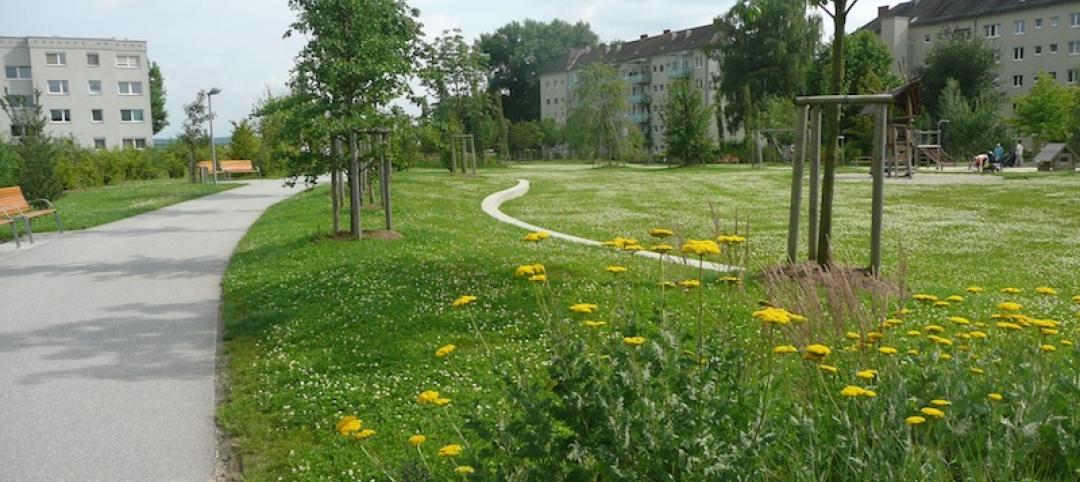Ohio became the nation’s first state to roll back renewable energy standards after the state House of Representatives passed Senate Bill 310 and Gov. John Kasich recently signed the measure.
The standards previously required the state’s utilities to sell more solar and wind energy each year and charged them with finding efficiency solutions for their customers. Passage of the bill means the standards are put on hold until 2017, when a committee could permanently freeze them.
Environmental groups estimate that consumers have saved a combined $1 billion on their bills over the life of the standards. In additions, the standards have brought in an estimated $1 billion in investment commitments.
“With this legislation, Gov. Kasich is moving the state backwards while monopoly utilities will see even greater profits,” Sierra Club campaign representative Daniel Sawmiller said. “Ohioans can now expect higher electricity bills, fewer jobs in the clean energy manufacturing and construction industries, and increased pollution.
(http://ecowatch.com/2014/06/13/ohio-gov-john-kasich-renewable-energy-freeze/)
Related Stories
| Jan 8, 2014
Strengthened sprinkler rules could aid push for mid-rise wood structures in Canada
Strengthened sprinkler regulations proposed for the 2015 National Building Code of Canada (NBCC) could help a movement to allow midrise wood structures.
| Jan 8, 2014
New materials should help boost sustainability in cities by 2020
Newer developments include windows made with nano-crystals that control intense heat penetration while lighting living areas from the outside.
| Jan 8, 2014
Architect sentenced to a year in jail for firefighter's death
Architect Gerhard Becker was sentenced to a year in LA county jail after pleading no contest to the manslaughter of a firefighter who died while trying to contain a fire in a home the architect had designed for himself.
| Jan 8, 2014
United Association, NRDC seek major plumbing code changes
Proposed changes include mandating the insulation of hot water piping in new buildings.
| Jan 2, 2014
EPA move to assert oversight on small bodies of water among top regulatory battles for 2014
The EPA has started the process of declaring that it has the power to regulate streams, brooks, and small ponds.
| Jan 2, 2014
Paseo Verde in Philadelphia is nation’s first LEED Platinum neighborhood development
Paseo Verde, a mixed-use, mixed-income community hosted a ribbon cutting ceremony last month.
| Jan 2, 2014
Green infrastructure prominent in Akron, Ohio's sewer plans
City officials in Akron, Ohio want to prevent stormwater from entering its combined sewer system through the use of green infrastructure.
| Jan 2, 2014
OSHA to hold public meeting on proposed rule to improve tracking of workplace injuries
The Occupational Safety and Health Administration (OSHA) has scheduled a public meeting to allow interested parties to comment on the proposed rule to improve tracking of workplace injuries and illnesses.
| Jan 2, 2014
Measuring whole building energy use among big changes in LEED v4
A new prerequisite in LEED v4 calls for each project to measure whole building energy use, and then share that data with USGBC.
| Jan 1, 2014
San Francisco hosts Net Positive Energy + Water Conference
The Living Building Challenge’s Net Positive Energy + Water Conference will be held Feb. 4-5 in San Francisco.
















